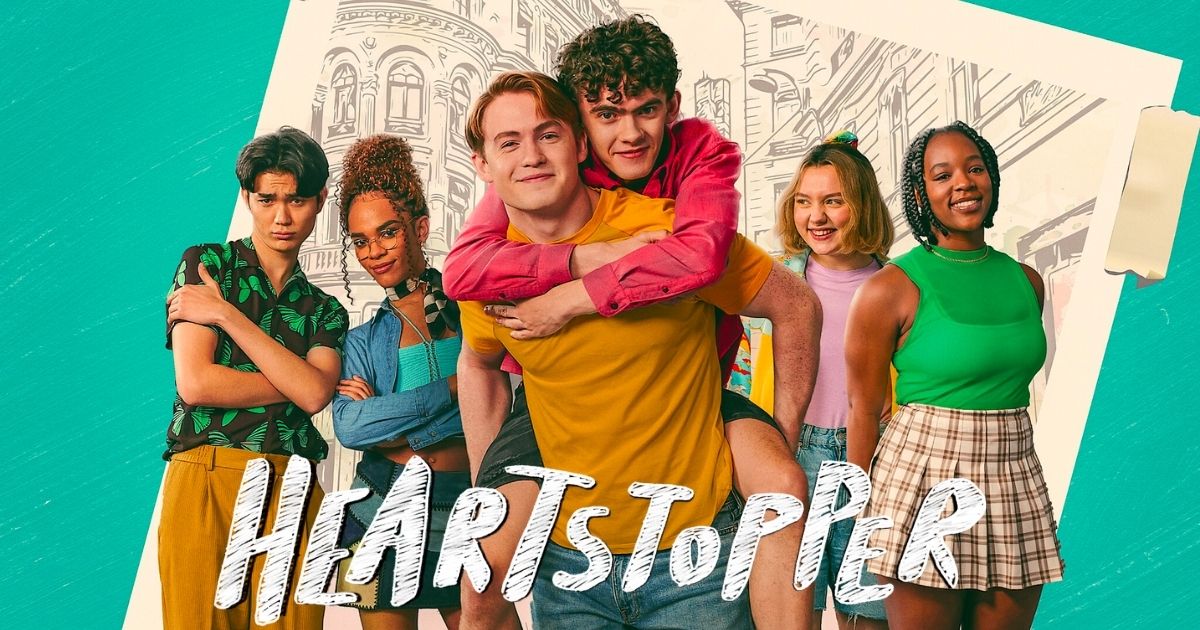
Contains spoilers for “Surviving Summer” season two (2023).
“Surviving Summer,” the Australian series about surfing that satisfies fans wanting soapy drama, has made quite a splash on Netflix since the debut of its second season on Sept. 15. The series, while flawed, offers a temporary escape from reality for those searching for teenage angst and visually-appealing cinematography.
The show’s first season premiered on June 3, 2022. The sunny teen drama followed the journey of a troubled American teenager named Summer, played by Sky Katz. Her parents sent her to live with friends in Australia to “get her act together.” In this new environment, she discovers a passion for surfing and forms friendships with surfers Ari, Poppy, Bodhi and Marlon, played by Kai Lewins, Lilliana Bowrey, Savannah La Rain and João Gabriel Marinho, respectively.
The second season picks up a year after Summer’s first trip, when she unexpectedly returns to the picturesque town of Shorehaven in Victoria, Australia. This trip, she is determined to prove herself in the competitive surfing world and win back her crush, Ari.
As the second season progresses, each character inches closer to embracing their most authentic selves, but much of their development and romantic plotlines continue to fall short. Many characters are one-dimensional and burdened by mediocre love triangles.
For instance, Ari remains timid, failing to speak his mind while struggling to cope with his panic attacks. In the group’s dynamic, Bodhi seems to be overshadowed by her perfectionist best friend, Poppy. And even though Marlon begins the first season as Ari’s arrogant, selfish friend who lacks clear character development, he exhibits some growth — which came as a somewhat surprising twist to the audience. Fortunately, Poppy’s journey toward becoming a professional surfer and her struggle with perfectionism offers a more compelling, authentic storyline as she comes to terms with the immense pressures of the famed sport.
Compared to the first season, the characters spend more time trying to prove themselves on and off their surfboards. The introduction of new characters such as the sibling duo Wren and Baxter adds some spice to the ongoing drama between Summer and Ari. Wren, Ari’s girlfriend, embodies the classic mean girl stereotype, while the pink-haired and laid-back Baxter serves as a calming, level-headed presence amidst his sister’s unpredictable and occasionally erratic tendencies.
The second season also introduces potential romantic relationships, with pairings such as Summer and Baxter, as well as Poppy and Marlon. While both relationships have cute and sincere moments, neither develop into anything serious. Summer’s surprise trip puts Ari in a romantic predicament. Their ongoing emotional “hot-and-cold” dynamic remains a central plotline which is then intensified when Ari’s new relationship with Wren develops into a love triangle.
Wren’s character is essentially a plot device used to create tension between Summer and Ari, compensating for the unresolved romantic tension. After several months apart, Ari starts dating Wren, which effectively puts his relationship with Summer on pause. Unsurprisingly, Baxter immediately catches Summer’s eye, and they begin a romantic relationship — one doomed to fail due to Summer’s ongoing rivalry with Wren throughout the season. This plotline also coincides with Summer and Ari’s struggles with overcoming their feelings for one another. However, Summer and Baxter’s relationship is undeveloped, and they fail to build a deeper connection.
Despite Marlon’s relationship with Bodhi in the first season, this season opens with Marlon harboring a crush on Poppy. Marlon and Poppy’s budding subplot romance was not a total surprise, as in the season one finale, the writers hinted at their romantic potential through an emotional heartfelt conversation shared between the pair. However, the progression of their relationship seems rushed, as if the writers did not flesh out their story completely.
Even in the wake of these character developments and relationship-building setbacks, Poppy and Marlon’s storyline stands out as one of the more genuine and well-executed aspects of this season. In comparison to the rushed storylines of other characters, the writers decided to slow down the progression of Poppy and Marlon’s relationship to a much more realistic pace.
Compared to the first season, which occasionally veered into over-the-top and unrealistic plotlines such as Summer and Ari sneaking into a surfing competition together, the second season feels more grounded in realism. It focuses less on extravagant storylines and more on exploring the sports rivalry in Shorehaven; while poorly written, it also establishes romantic relationships that add nuance to the characters that were somewhat overshadowed by the outlandish premises. However, the limited screen time dedicated to these relationships, both romantic and platonic, resulted in incomplete plotlines.
One notable aspect of “Surviving Summer” is its stunning scenery, featuring captivating surfing sequences and scenic beach landscapes. While these visuals enhance the overall aesthetic of the series, some of the sequences are unnecessarily lengthy and detract from the show’s plot and dramatic atmosphere.
The series also includes the disparities in surfing, particularly in terms of race, ethnicity and gender, adding a level of complexity and societal nuance to the overall mediocre plot points and teenage romance. In particular, it emphasizes white, male surfers like Ari overshadowing women of color aiming for top positions in the final competition. In the first season, there were two male spots for the professional surfers at the competition, compared to only one spot for female surfers.
Additionally, in the second season after Bodhi, Summer and Poppy secure sponsorships, Bodhi deals with a photographer known for taking photos of surfers. According to the photographer, who they learn to be racist, Bodhi is included to fulfill the diversity quota for the photo shoot. Despite the weak dialogue and plot trajectory that led to poor execution of themes, the integration of diversity and gender inequality issues allow the series to delve into some more complex themes that they failed to explore last year.
With a limited number of young adult television series airing due to the 2023 Writers Guild of America and Screen Actors Guild-American Federation of Television of Radio Artists strikes, the series faces relatively little on-air competition, allowing it to capture the hearts and minds of young audiences. It reached the Top 10 in television shows on Netflix within its first week of release.
However, beyond its rapid surge in popularity, “Surviving Summer” falls short as a teenage drama about surfers, failing to flesh out both storylines and character development and offering mediocre romantic drama. Despite these flaws, the Australian series provides an escape for viewers seeking a taste of summertime drama and aesthetically pleasing beach scenery.














